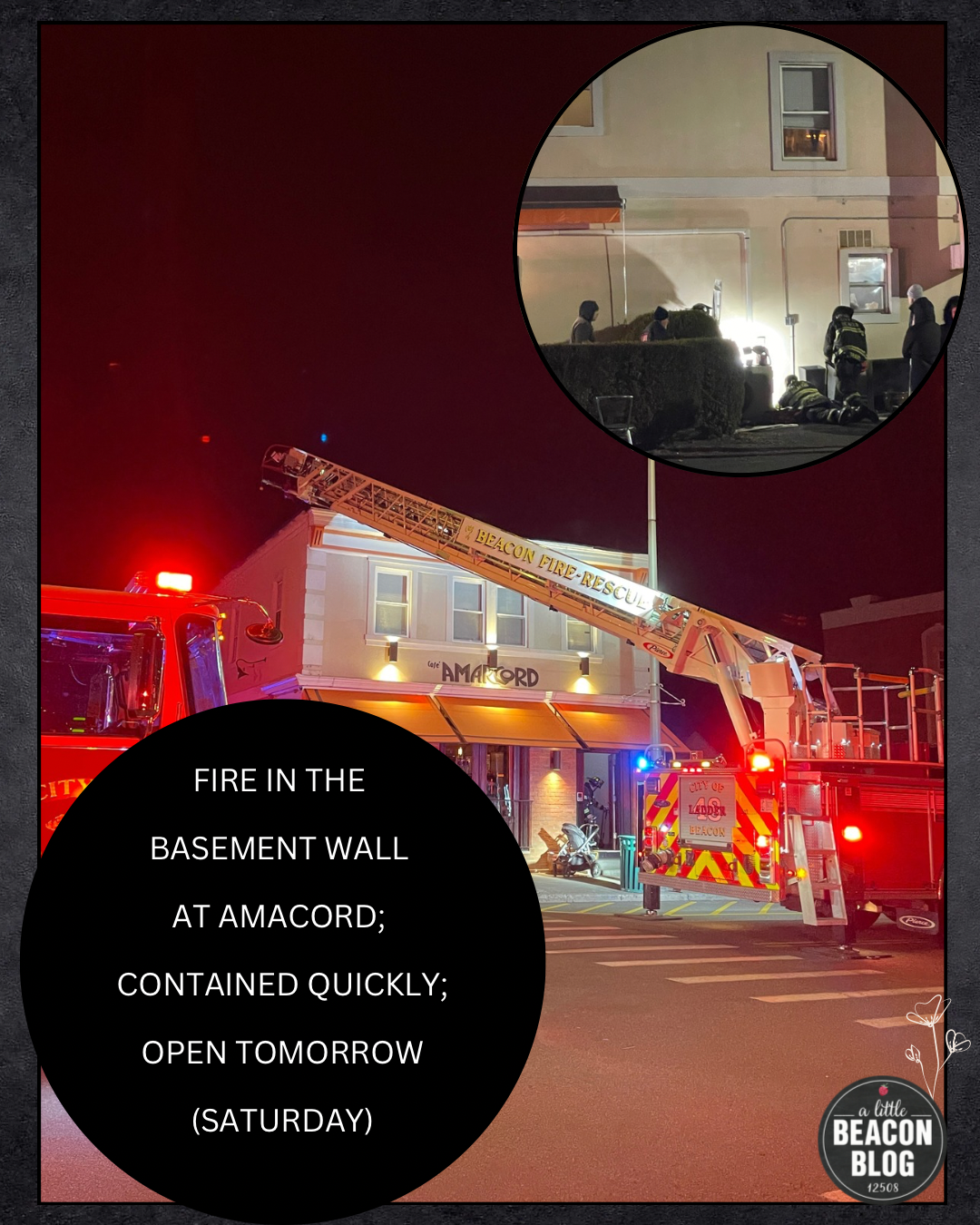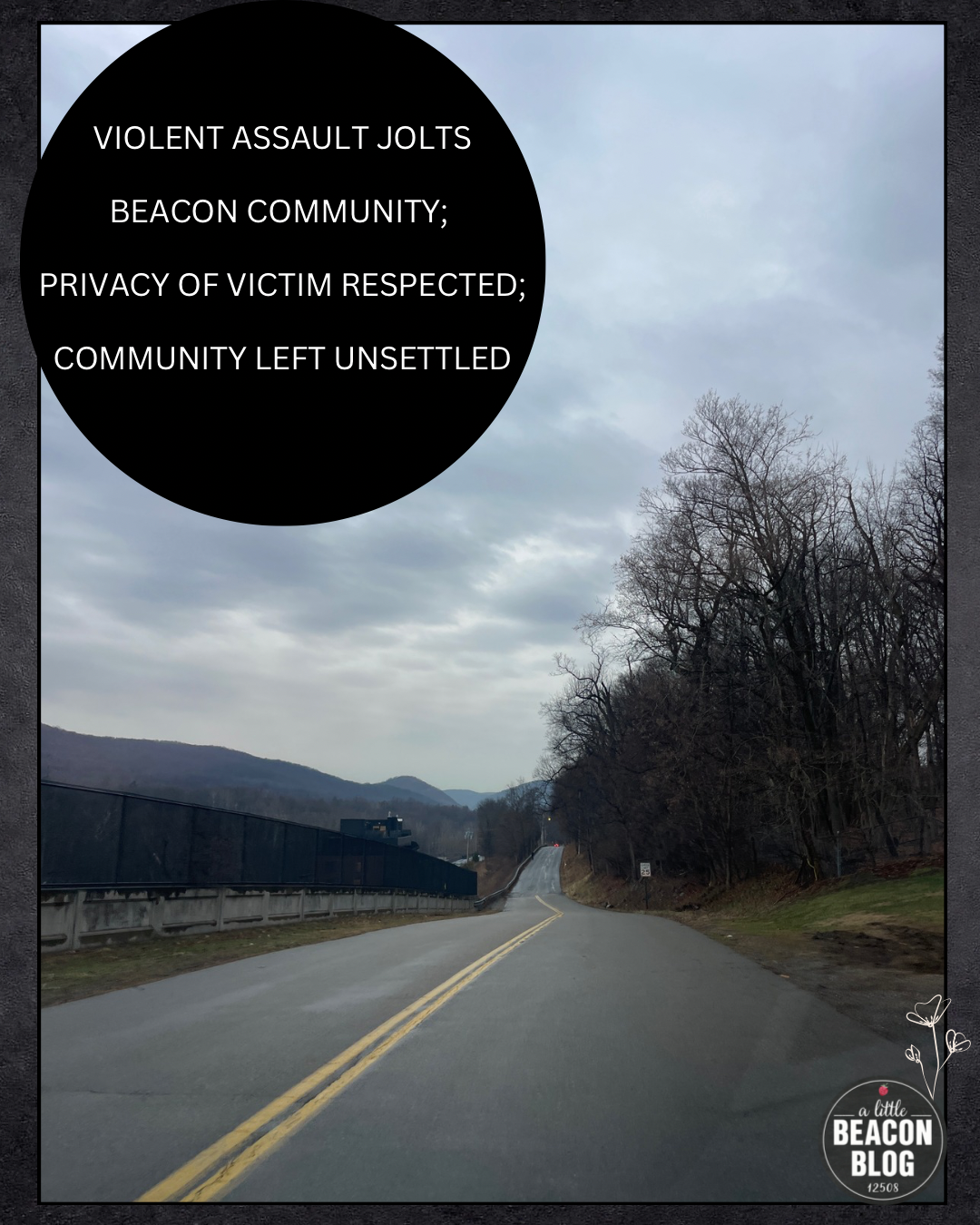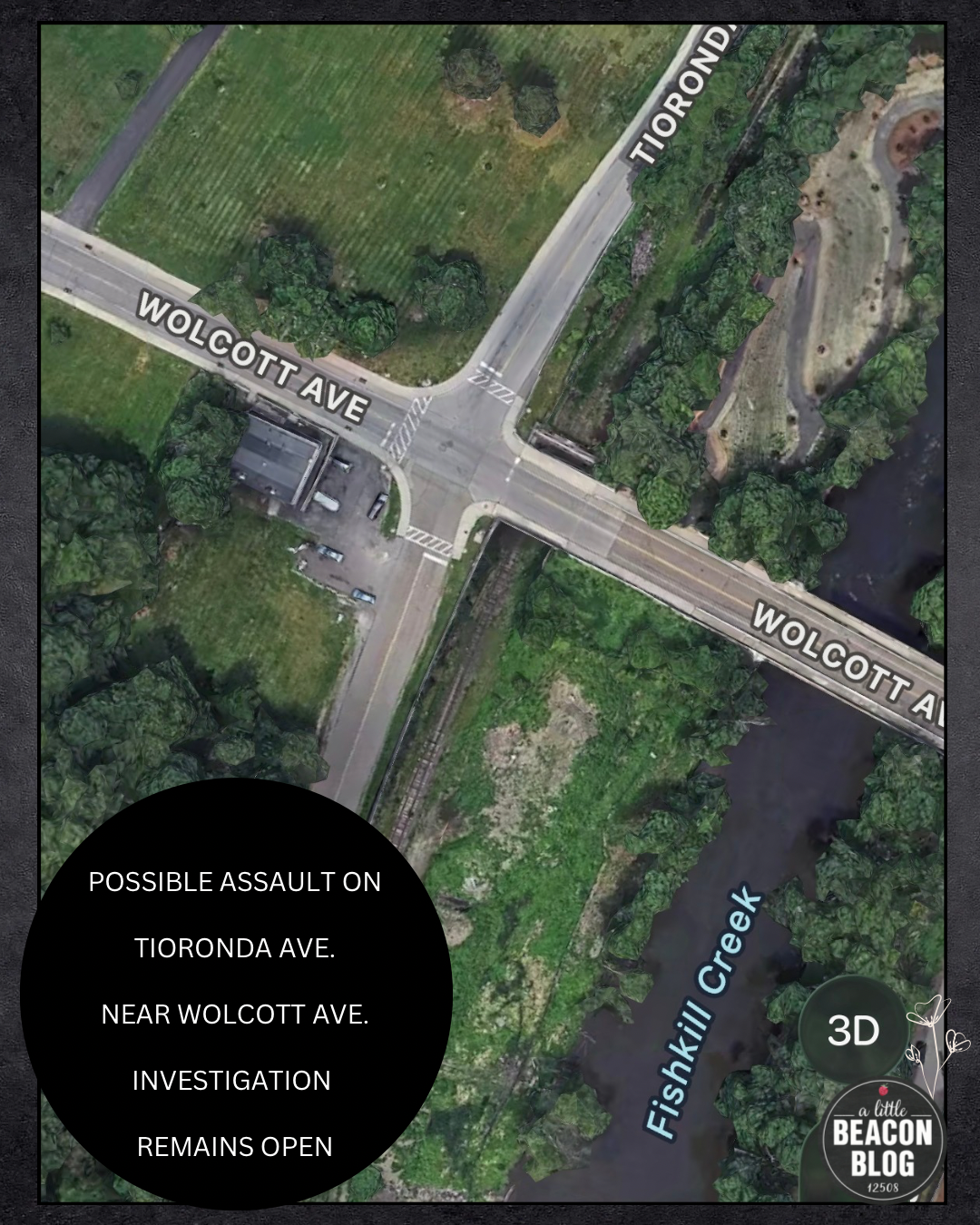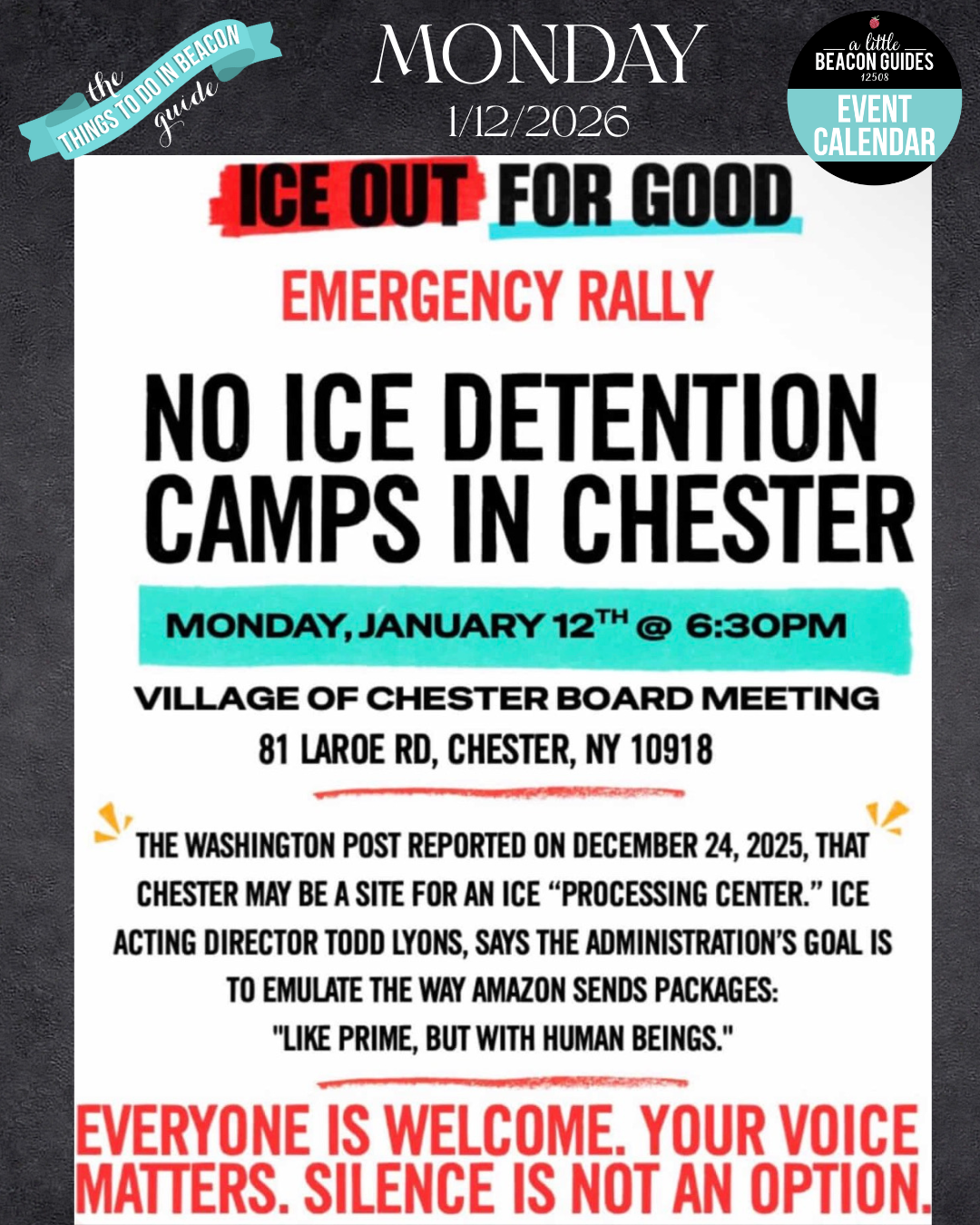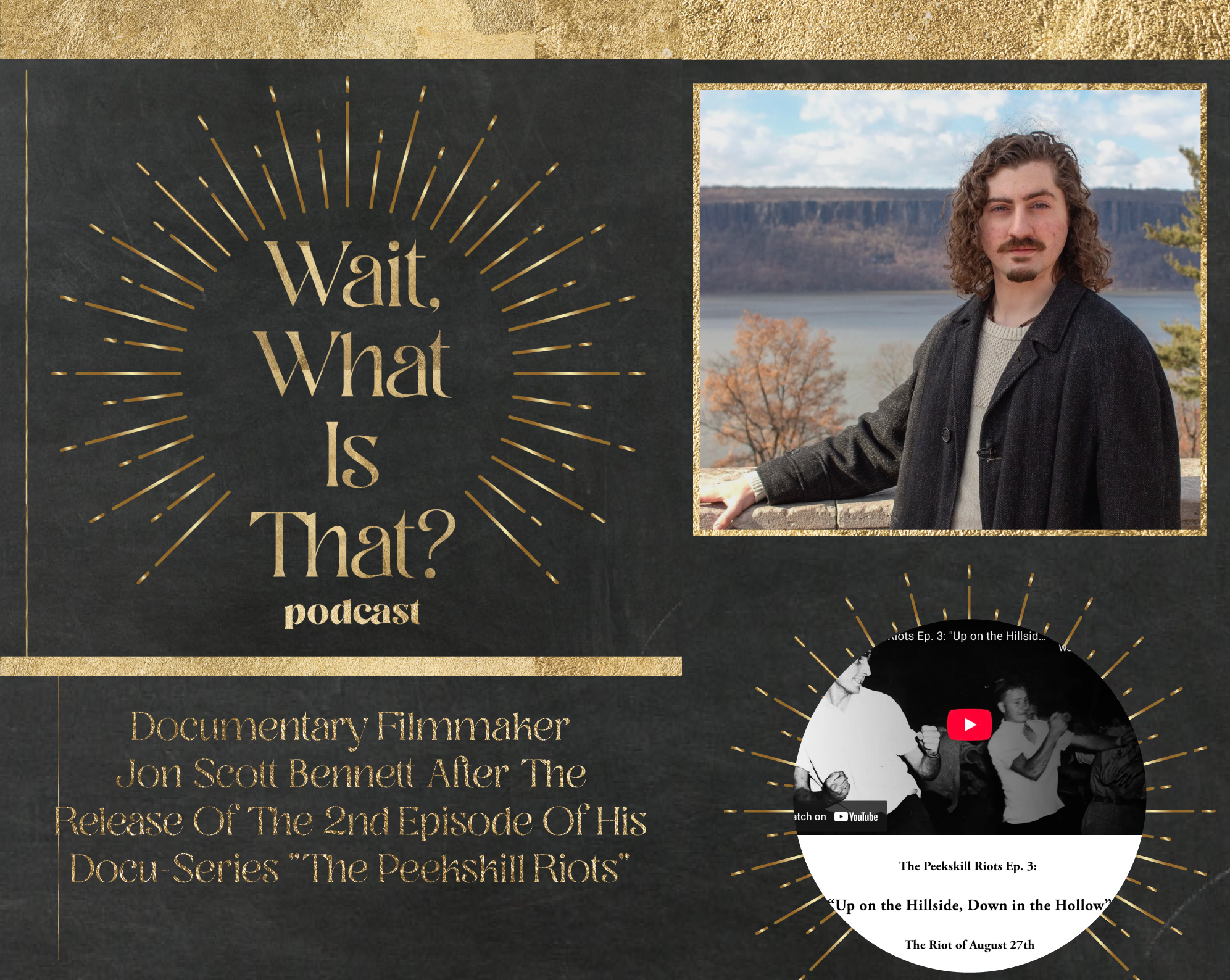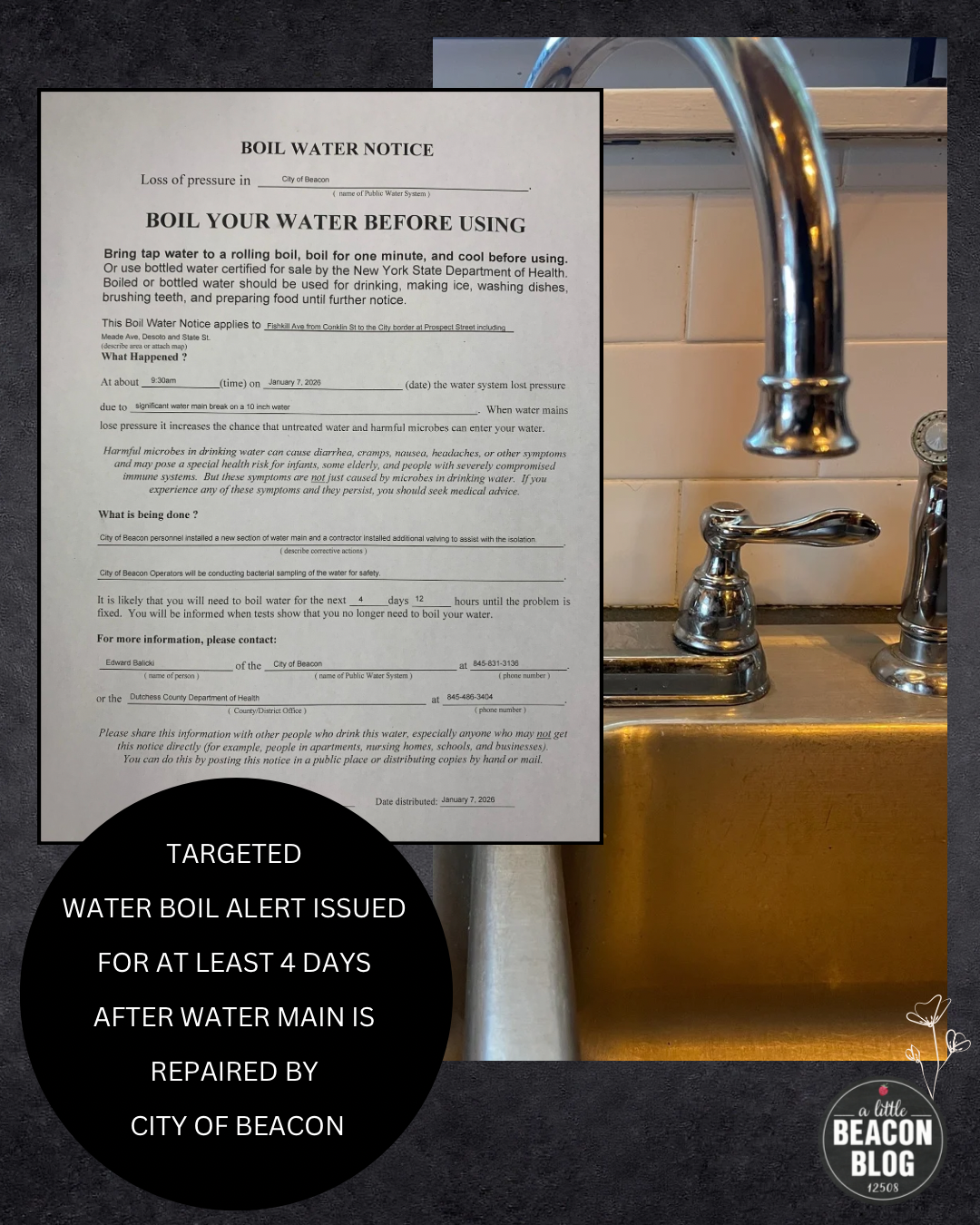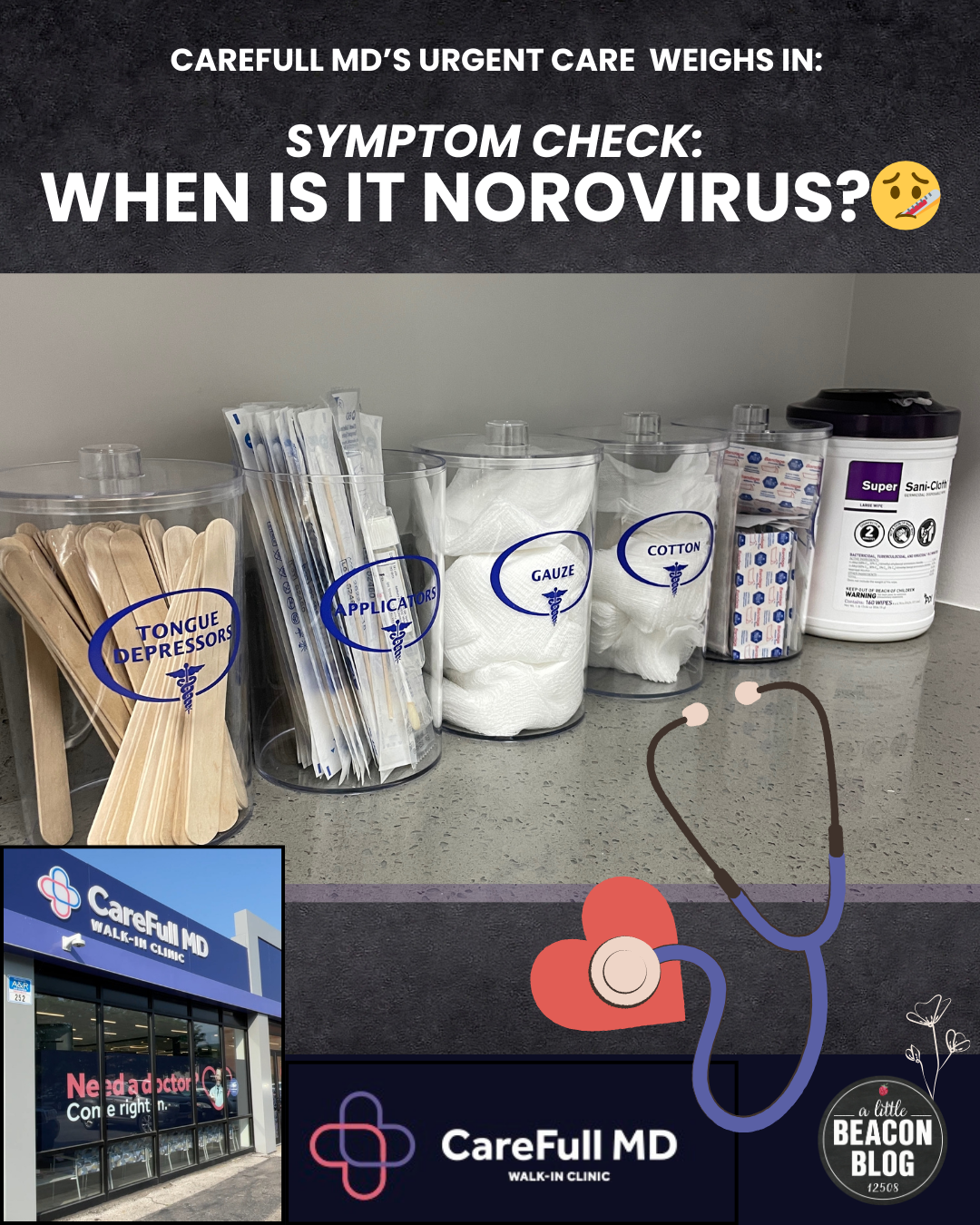Letter From The Editor: How The $20K Grant Article - With Conflict Of Interest Implications - Got Written
/The genesis for Beacon’s Community Investment Grant "Beacon Recreation Committee and City Face Scrutiny For Allocating 37% of $20,000 Community Investment Grant To Committee Member's Global Organization, Denying Food Benefits To Farmer's Market And More" did not start out as a hunt for details about the recipients, or about who didn’t get funded. It started out as a positive low-hanging-fruit piece, to announce the recipients. That was it. Something happy. Everyone wants something happy from A Little Beacon Blog, right? Right. This was an easy delivery.
Being that I missed my opportunity to share the announcement that the awards opened up for applications because we were in the throws of the genocide of Israel murdering Palestinians in February - we were trying to still publish Beacon content via 14 Days of Valentine’s Day Gift Guide - while publishing awareness pieces of the genocide.
In trying to find something easy and positive to publish, the Community Investment Grant seemed a no-brainer. But during the City Council Meeting announcing the awards, strange things happened. City Administrator Chris White began the presentation by throwing the Parks and Recreation Director Mark Price under the bus when Mark was not in attendance (Mark is normally a very punctual, well-spoken person). Chris announced: “I think Mark forgot.” Then, Chris definitively told us: “About half the Committee really was not interested in this task,” referring to vetting and recommending grant applicants.
Then, after Chris announced the winners - which he named by organization only - one Councilmember, Paloma Wake, asked him to describe on of the winners - The Sports Bra Project - because, she said: “It's not totally clear to me what the program does. Probably helpful for the community to hear how they can access this if it applies to them.”
Councilperson Amber Grant quickly flew in to vouch for the organization, saying she had Googled it, and it came up in an article at the local newspaper the Highlands Current that was published 2 months before the opening of the grant applications, of which one of the committee members Heidi Kitlas is married to a reporter there (Jeff Simms, but he did not write that article). Heidi had voted on the Sports Bra Project, but its founder Sarah, did not vote at all.
Amber encouraged viewers of the City Council meeting, and writers of the titillating Meeting Minutes, to also Google the article. Mayor Lee then also vouched for the organization, saying “I know it's a Beacon-specific organization.” I didn’t think about it until later, but neither of them, nor Chris, mentioned the name of the founder of the organization.
Ok. So all seemed legit, right? City Administrator Chris impatiently hurried this part of the meeting to close so that the City Council could vote on, it, which they did. Done. Money allocated.
But…that part about the Recreation Committee not being “interested” stuck. Who was on the Recreation Committee? Who are these people who are not interested in awarding money to community groups, when they are tasked with helping the City of Beacon serve people through recreational activities? It didn’t make sense. Thankfully, I had childcare for the evening. So I was able to continue on with research. Otherwise, I would have disappeared into Kid Land and forgotten all about it.
Off to Google I went. Found the Recreation Committee member names. Great. Next: Google the article about the Sports Bra Project like Amber told us to. Check. Name of Sara Dwyer-Shick was in the article. Went to the Sports Bra Project website. There were no names there. But exciting PR about them being featured in Australia! Then I read about their deliveries to Namibia. Great concept!
My article shifted to become about City Administrator Chris White’s quote that threw Mark Price and the entire Recreation Committee under the bus. Usually this happens in the basement of Town Hall in the meeting rooms, where people in different departments just rip each other apart. I witnessed it when I was Chair of the Spirit of Beacon Day. Being accustomed to cis white man patriarchal banter, I knew that people were just surviving down there around the meeting table and in the hallways. But when it makes its way up to the courtroom during City Council Meetings, it’s like…gross.
But whatever. Is is what it is. I went to copy/paste the names of the Recreation Committee into the article, and that’s when I recognized Sarah Dwyer-Shick’s name, as being the founder of the Sports Bra Project and a Recreation Committee Member.
I did a double-take. I basically did a quadruple take. I wanted to call someone to confirm, but who is there to call. Chris White has everyone on lock-down from answering questions to ALBB. I was on my own. I deep dove, and published the article.
The next night at a sports event, I heard from people who read the article. They said that their friends asked them about the findings in the article: “Is it true?” I said to the reader: “Even I (ALBB) had to ask myself 5 times if it was true! I couldn’t believe it!” I got more questions from people, asking what the Conflict of Interest Policy was for the Beacon Recreation Committee. I didn’t know!
Next day, I heard from more people. More than one person said: “I miss Randy. I voted for Lee, but I miss Randy.” Former Mayor Randy Casale was a gruff but firm person. Many were rubbed the wrong way with him. He got voted out to Lee. But. He usually duked it out with whoever to arrive at the answer that seemed correct. I liked that about him. I voted for him each time he ran.
Back to the article research. I went looking for the office on Henry Street of the Sports Bra Project that was pictured in the article, and I still haven’t found it. Maybe it’s being sublet from someone else in the only office building on Henry Street. Maybe it’s in a cute house or apartment there.
And that’s how this story happened.
















